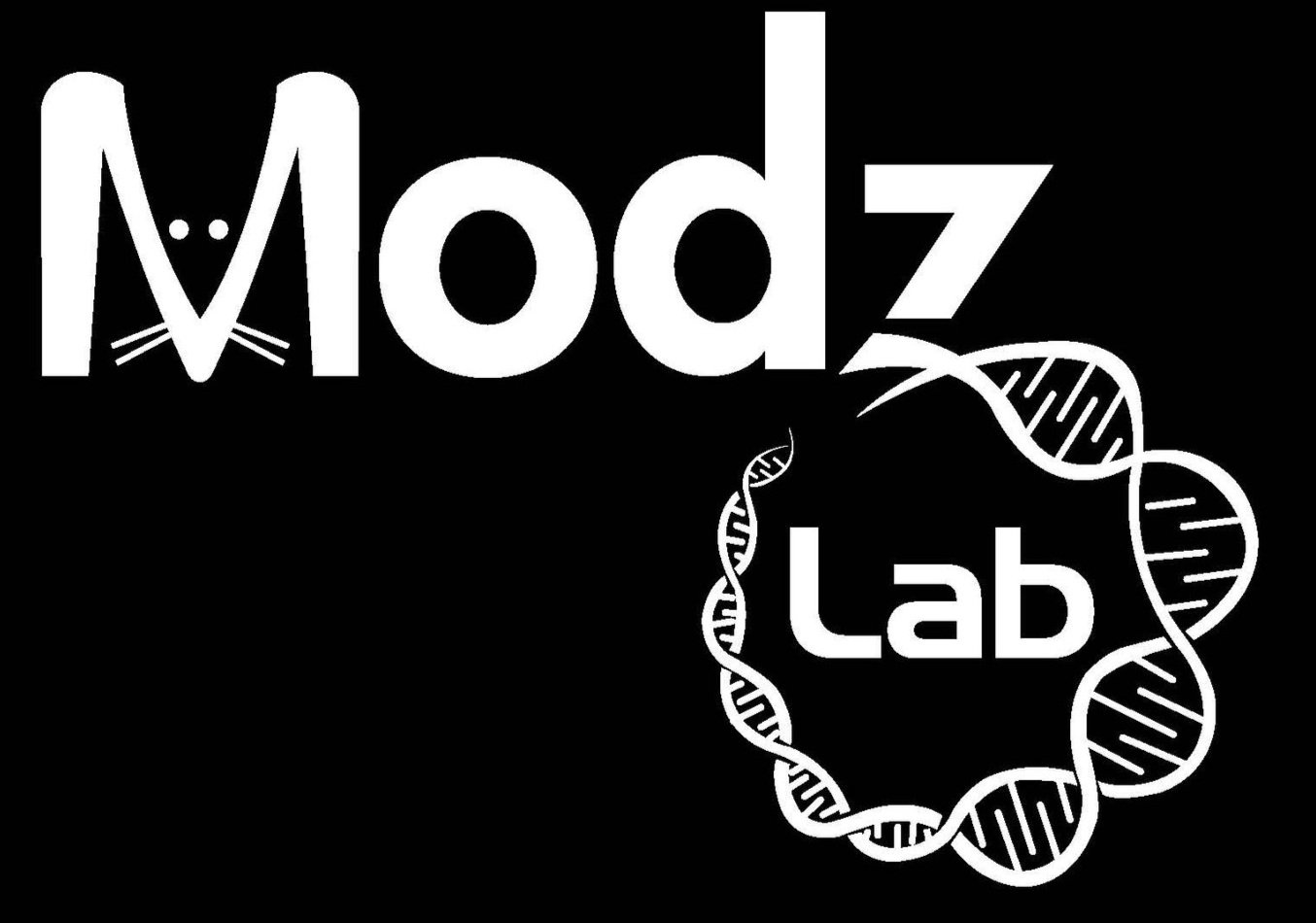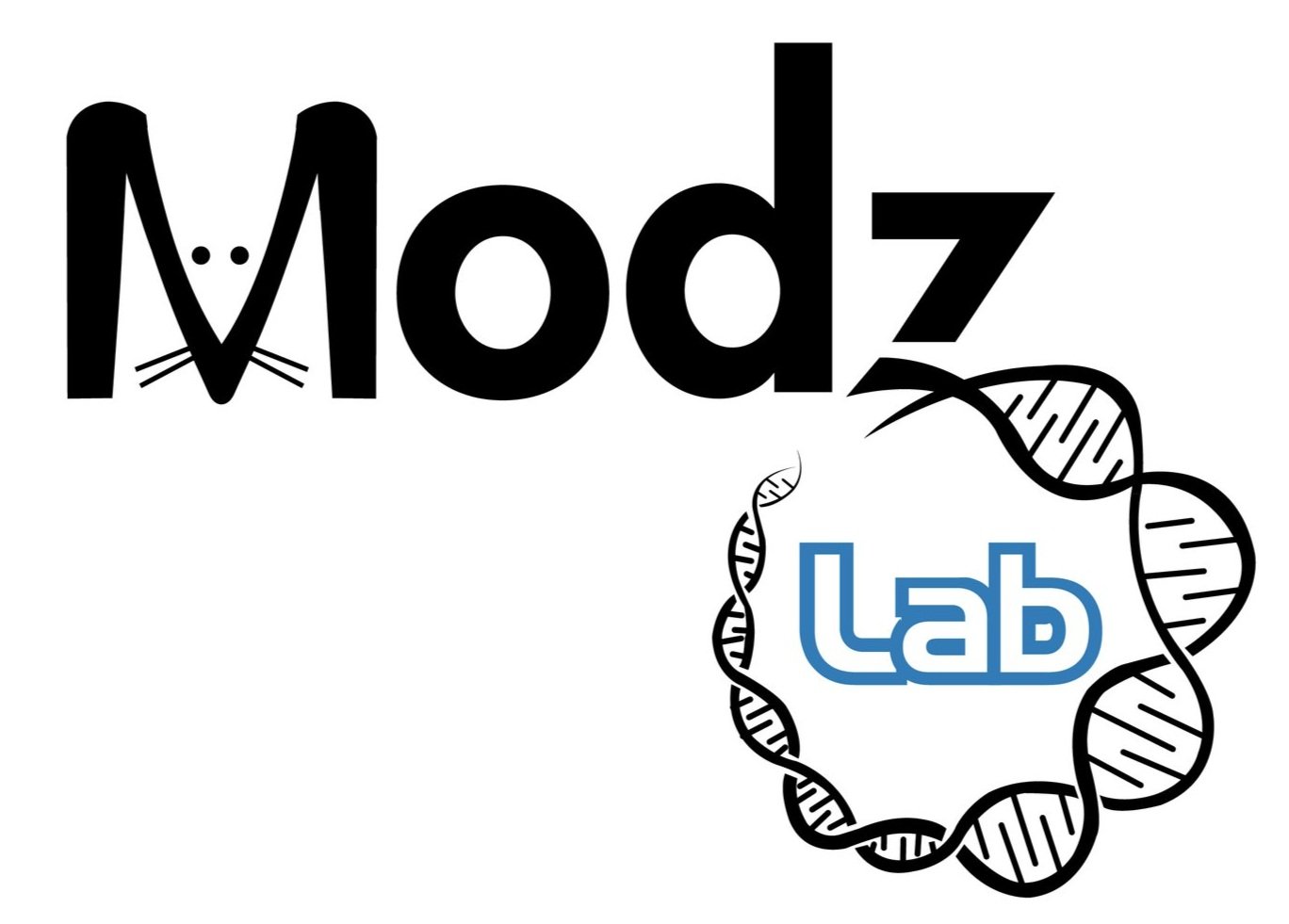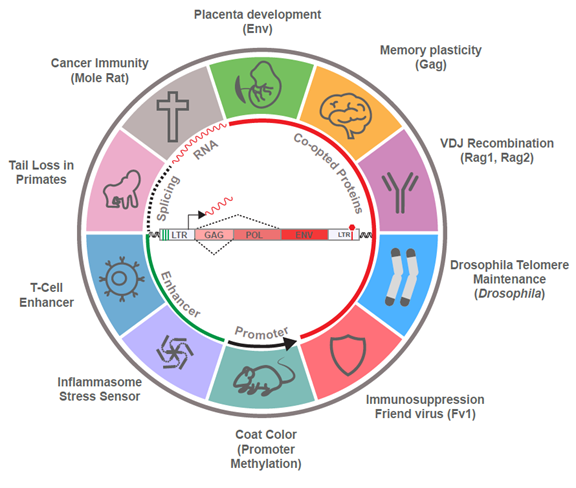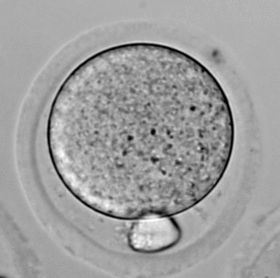Welcome to the ModzLab!
The Modzelewski Lab “ModzLab” is interested in the phenomenon of Retrotransposon Reactivation in development and disease.
Maybe not “Junk DNA” after all. Retrotransposons make up nearly 50% of our genome, while protein coding genes account for only ~2%. Transposons have rewired regulatory networks and provided raw material for genetic innovation through co-option of innate regulatory sequences and “domestication” of proteins that were once used to invade and spread throughout our genomes. They have recently emerged as important features of “Normal Biology” across mammalian species.
The Modz Lab @ The University of Pennsylvania
Transposon Domestication.
Throughout millions of years of co-evolution, these ancient parasites have been co-opted to provide novel and fascinating functions by our genomes. Preimplantation embryos and the germline provide excellent biological systems to investigate co-opted function, as their reactivation is intentional and essential. However, unintentional and detrimental reactivation occurs during aging, disease and cancer. Our work aims to understand how these domesticated elements function in “normal biology” in order to apply these findings towards the various pathologies we are facing.
Technology Development.
With CRISPR-EZ for gene editing of zygotes and Tri-Blot for Single Cell Triple Measurements (Western/RT-PCR/DNA), I aim to provide solutions to roadblocks I've encountered in my own research to the broader research community. While not the focus of my primary research goals, I genuinely enjoy creating and sharing solutions so that frustrated and modestly funded labs have a better chance at answering their passionate biological questions. There is a tool for everything, we just need to sometimes make them!
We want to reveal more about the role of non-coding RNAs (miRNA, siRNA and repetitive elements like Retrotransposons) and how defects in these biological processes affect human health and reproduction. We have generated tools that will not only help research these biologically important questions, but have already started adapting them to direct and immediate practical application in research and animal production.
Visit Us
The Modz Lab University of Pennsylvania School of Veterinary Medicine 380 S. University Ave Philadelphia PA, 19104
Hours
Monday–Sunday
12am–11:59pm
Phone
(610) 867-5309
“Somewhere, something incredible is waiting to be known.”





